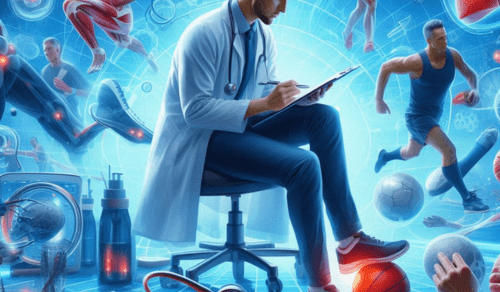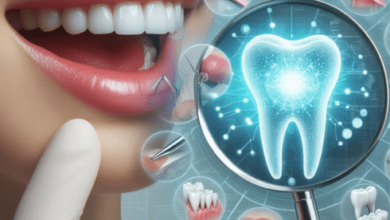
Neurodegenerative diseases are a set of conditions that affect the brain’s function over time. They include Alzheimer’s, Parkinson’s, and Huntington’s disease. These diseases change the way we move, think, and remember. At the Falls Church movement disorders clinic, experts focus on understanding these changes. I will share a neurologist’s approach to tackling these challenges.
What Are Neurodegenerative Diseases?
These diseases cause cells in the brain to stop working or die. They progress over time, leading to symptoms that worsen. Each type has unique features, but they share a common thread of gradual decline. For example, Alzheimer’s affects memory and cognition, while Parkinson’s primarily impacts movement.
Common Symptoms
- Memory loss
- Difficulty with movement
- Behavioral changes
These symptoms can differ depending on the disease. Understanding them helps in getting a proper diagnosis and starting treatment early.
Diagnosis Process
Diagnosing these diseases involves several steps. Doctors start with a medical history and physical exam. They may use imaging tests like MRI or CT scans. Blood tests can rule out other conditions. In some cases, genetic testing is useful. This thorough approach ensures accurate diagnosis, leading to effective treatment plans.
Current Treatment Options
Treatment focuses on managing symptoms and improving quality of life. Here are three common approaches:
- Medication: Helps control symptoms.
- Therapy: Physical, occupational, or speech therapy can be beneficial.
- Lifestyle changes: Regular exercise and a healthy diet support brain health.
These treatments can help slow progression, though they cannot cure the disease.
Prevention and Research
Ongoing research is vital. Scientists are exploring new treatments and potential cures. You can learn more about current research at the National Institute on Aging. Staying informed about advancements can provide hope and guidance.
Comparison of Neurodegenerative Diseases
| Disease | Main Symptoms | Common Treatments |
| Alzheimer’s | Memory loss, confusion | Medications, cognitive therapy |
| Parkinson’s | Tremors, stiffness | Medications, physical therapy |
| Huntington’s | Involuntary movements, mood changes | Medications, supportive therapies |
The Role of Support
Support from family and healthcare teams is crucial. It helps patients cope with the challenges of these diseases. Support groups provide a sense of community and shared experiences. They are valuable resources for both patients and caregivers.
Looking Ahead
While a cure is not yet available, progress continues. Researchers focus on understanding disease mechanisms and finding new treatments. By raising awareness and supporting research, we can move closer to defeating these diseases.
Neurodegenerative diseases pose significant challenges. However, with a comprehensive approach and continued research, there is hope for better management and future breakthroughs.




